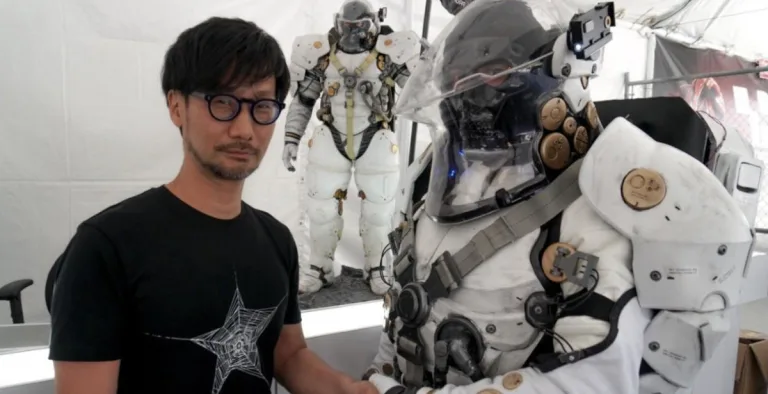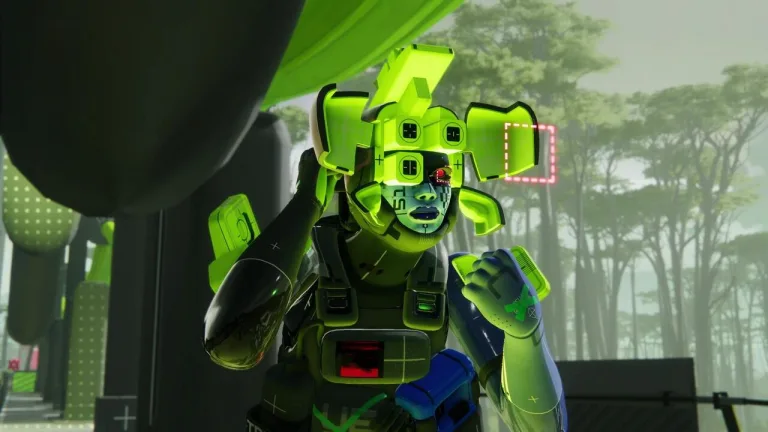Hideo Kojima, the legendary game designer behind Metal Gear Solid and Death Stranding, has always been known...
Day: May 16, 2025
The gaming industry is no stranger to controversy, but Bungie’s latest challenge comes from an unexpected corner—an...



